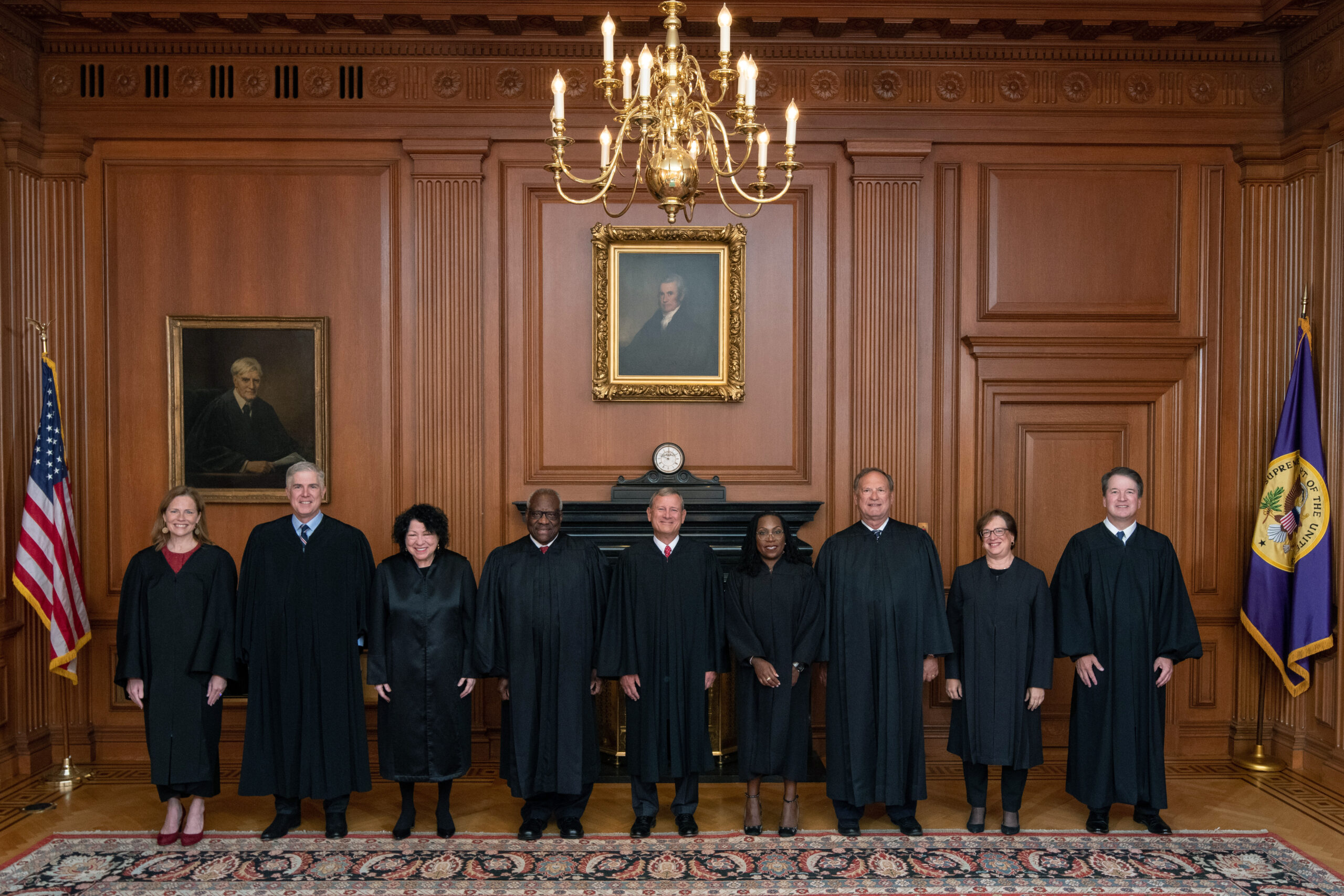In December 2013, the Office of Management and Budget (OMB) issued The Uniform Guidance, also known as the “Super-Circular” which consolidated and streamlined administrative requirements for federal grants and cooperative agreements. Around that time, I was working for the Kentucky Department of Education first as an assistant general counsel and then as the Assistant Director for the Division of School and Community Nutrition. It was during this period that I learned the most about federal procurement and contracting. Working collaboratively with my boss, then Associate Commissioner Hiren Desai, I helped create and execute mandatory training for all food service directors in the Commonwealth of Kentucky. It was because of this experience that I developed a passion for the procurement process and contracting.
Hiren and I have reunited again to collaborate on this article to highlight the importance of effective communication and coordination between in-house counsel and the procurement team to ensure the success of any procurement process. This relationship is particularly important when managing and mitigating risks associated with contract negotiations. A pivotal strategy to improve this collaboration involves the procurement office asking potential vendors to identify any proposed exceptions to the terms and conditions upfront in their proposals and ensuring that these critical items are reviewed by in-house counsel before the start of contract negotiations.
The Role Of The Procurement Team In The RFP Process
The Request for Proposal (RFP) process is crucial for setting the tone for future contract negotiations. By requiring vendors to disclose any exceptions to the proposed terms and conditions at the submission stage, the procurement team can create a clear, upfront understanding of potential issues. This proactive approach allows for an early assessment of any risks associated with the vendor’s terms.
Early Involvement Of In-House Counsel
In-house counsel should be engaged from the beginning of the procurement process. By reviewing the exceptions proposed by vendors before contract negotiations commence, legal teams can identify which deviations are acceptable and which are deal-breakers. This early involvement enables legal counsel to provide informed guidance to the procurement team, ensuring that only manageable risks are carried forward.
Benefits Of Early Legal Review
- Risk Mitigation: Identifying and addressing potential legal issues early in the procurement process reduces the risk of encountering significant roadblocks during contract negotiations. This proactive approach minimizes the likelihood of having to accept unfavorable terms later on.
- Streamlined Negotiations: When in-house counsel reviews proposed exceptions in advance, they can advise the procurement team on which terms are non-negotiable. This information can be communicated to vendors early in the process, leading to more straightforward negotiations.
- Enhanced Vendor Compliance: Vendors are more likely to accept a rejection of proposed exceptions during the evaluation phase, when they are still competing for the contract. Once a vendor is invited to contract negotiations, the vendor may believe that they have secured the contract, and be more resistant to accepting standard terms. By setting clear expectations from the outset, procurement can ensure greater compliance.
- Efficiency And Resource Management: Early legal involvement can save time and resources. If significant issues are identified early, the procurement team can decide to disqualify vendors whose terms are too far from acceptable, avoiding wasted effort in negotiating with unsuitable vendors.
The Risks Of Delayed Legal Involvement
When legal counsel is not engaged until after a vendor has been selected, the procurement team may face significant challenges:
- Aggressive Negotiations: A “selected” vendor may be more aggressive in negotiating terms because they perceive themselves as having the upper hand. This can lead to prolonged negotiations and increased resistance to accepting standard terms.
- Increased Risk: The client may have to accept additional risks because critical legal issues were not addressed upfront. This can result in unfavorable contract terms that could have been avoided with early legal involvement.
- Inefficiency: Delayed legal review often results in prolonged negotiations that could have been streamlined with earlier coordination, leading to unnecessary frustration, inefficiencies, and potentially higher costs.
Implementing Best Practices For Better Coordination
To foster better communication and coordination between the in-house counsel and the procurement team, organizations should consider implementing the following best practices:
- Integrated RFP Requirements: Include a requirement in the RFP for vendors to clearly identify any exceptions to the terms and conditions as part of their proposal submission.
- Early Legal Review: Establish a process where in-house counsel reviews proposed exceptions before any contract negotiations begin.
- Clear Communication: Ensure that the procurement team understands which terms and conditions are non-negotiable and communicates these to potential vendors during the evaluation phase.
- Regular Coordination Meetings: Schedule regular meetings between the procurement team and in-house counsel to discuss ongoing and upcoming procurements, ensuring alignment and timely legal input.
By implementing these strategies, organizations can enhance the efficiency and effectiveness of their procurement processes, ensuring that risks are managed proactively and that contract negotiations are conducted on favorable terms. The collaboration between in-house counsel and the procurement team is not just beneficial, but essential for achieving successful procurement outcomes.
 Lisa Lang is an in-house lawyer and thought leader who is passionate about all things in-house. She has recently launched a website and blog Why This, Not That™ (www.lawyerlisalang.com) to serve as a resource for in-house lawyers. You can e-mail her at [email protected] , connect with her on LinkedIn (https://www.linkedin.com/in/lawyerlisalang/) or follow her on Twitter (@lang_lawyer).
Lisa Lang is an in-house lawyer and thought leader who is passionate about all things in-house. She has recently launched a website and blog Why This, Not That™ (www.lawyerlisalang.com) to serve as a resource for in-house lawyers. You can e-mail her at [email protected] , connect with her on LinkedIn (https://www.linkedin.com/in/lawyerlisalang/) or follow her on Twitter (@lang_lawyer).
 Hiren Desai is the founder and principal of Blue Blood Consulting, LLC, a management consulting services firm. He has twenty-five (25) years of experience in public administration, finance, law, and procurement. Hiren has served as the interim Chief Procurement Officer for the Commonwealth of Kentucky; functioned as the lead Commonwealth buyer for major enterprise-level solicitations; and testified in both state and federal courts in Kentucky as an expert witness on procurement-related matters. He also served as the deputy general counsel for the Kentucky Finance Cabinet; and was the Associate Commissioner and Chief Financial Officer for the Kentucky Department of Education.
Hiren Desai is the founder and principal of Blue Blood Consulting, LLC, a management consulting services firm. He has twenty-five (25) years of experience in public administration, finance, law, and procurement. Hiren has served as the interim Chief Procurement Officer for the Commonwealth of Kentucky; functioned as the lead Commonwealth buyer for major enterprise-level solicitations; and testified in both state and federal courts in Kentucky as an expert witness on procurement-related matters. He also served as the deputy general counsel for the Kentucky Finance Cabinet; and was the Associate Commissioner and Chief Financial Officer for the Kentucky Department of Education.




